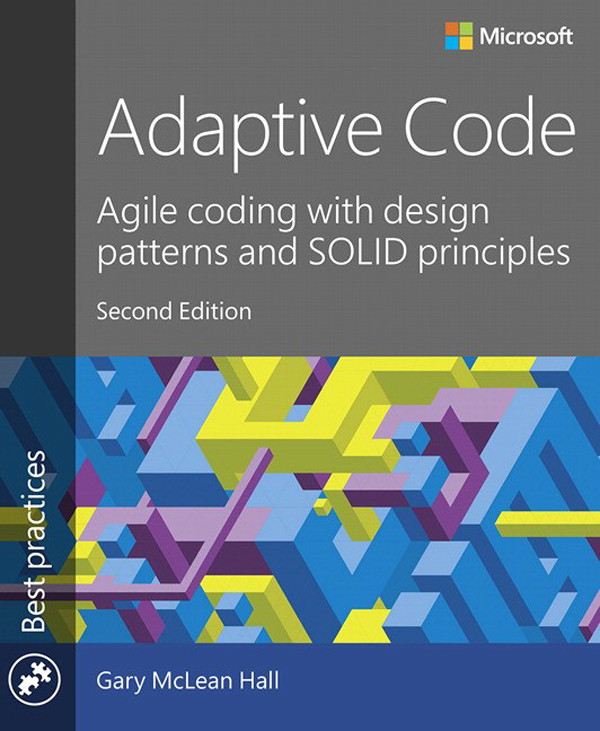

Most ebook files are in PDF format, so you can easily read them using various software such as Foxit Reader or directly on the Google Chrome browser.
Some ebook files are released by publishers in other formats such as .awz, .mobi, .epub, .fb2, etc. You may need to install specific software to read these formats on mobile/PC, such as Calibre.
Please read the tutorial at this link: https://ebookbell.com/faq
We offer FREE conversion to the popular formats you request; however, this may take some time. Therefore, right after payment, please email us, and we will try to provide the service as quickly as possible.
For some exceptional file formats or broken links (if any), please refrain from opening any disputes. Instead, email us first, and we will try to assist within a maximum of 6 hours.
EbookBell Team

5.0
48 reviewsWrite code that can adapt to changes.
By applying this book’s principles,
you can create code that accommodates new requirements and
unforeseen scenarios without significant rewrites. Gary McLean Hall
describes Agile best practices, principles, and patterns for
designing and writing code that can evolve more quickly and easily,
with fewer errors, because it doesn’t impede change.
Now revised, updated, and expanded, Adaptive
Code, Second Edition adds indispensable practical insights on
Kanban, dependency inversion, and creating reusable abstractions.
Drawing on over a decade of Agile consulting and development
experience, McLean Hall has updated his best-seller with deeper
coverage of unit testing, refactoring, pure dependency injection,
and more.
Master powerful new ways to:
• Write code that enables and
complements Scrum, Kanban, or any other Agile framework
• Develop code that can survive major
changes in requirements
• Plan for adaptability by using
dependencies, layering, interfaces, and design patterns
• Perform unit testing and refactoring
in tandem, gaining more value from both
• Use the “golden master”
technique to make legacy code adaptive
• Build SOLID code with
single-responsibility, open/closed, and Liskov substitution
principles
• Create smaller interfaces to support
more-diverse client and architectural needs
• Leverage dependency injection best
practices to improve code adaptability
• Apply dependency inversion with the
Stairway pattern, and avoid related anti-patterns
About You
This book is for programmers of all skill
levels seeking more-practical insight into design patterns, SOLID
principles, unit testing, refactoring, and related topics. Most
readers will have programmed in C#, Java, C++, or similar
object-oriented languages, and will be familiar with core
procedural programming techniques.